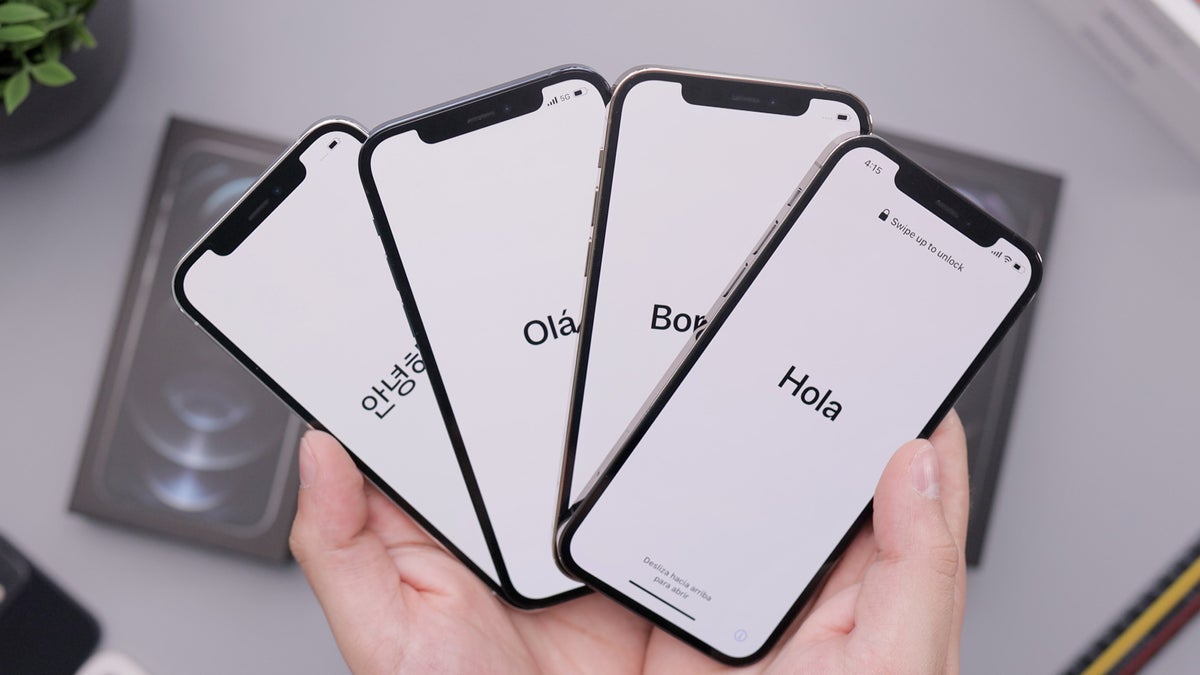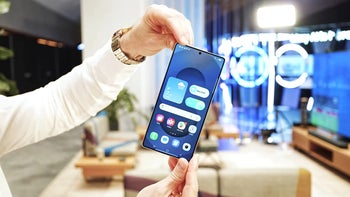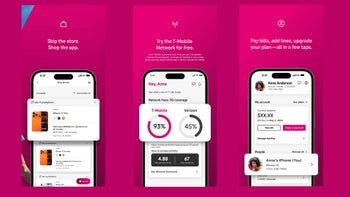Apple and Corellium settle on major lawsuit over iOS virtualization

A lawsuit was filed by Apple back in 2019, stating that the company Corellium had breached copyright laws with their virtual iOS software. The product in question enabled researchers to do tests on a virtual iOS device, eliminating the need for a physical unit.
Both companies managed to settle the federal lawsuit, finally ending the case, which had developed into a hot topic of criticism and attention from the security industry. If no agreement had been reached, a trial scheduled for August 16 in federal court was to follow.
As noted by The Washington Post, from the information we get in the original suit, we find out that even though the two companies have come to an agreement, Corellium will continue to offer their product. We do not know what conditions both parties decided to land on since the details are being kept confidential.
Here’s a snippet of the lawsuit that describes the situation:
From the sound of it, Apple had a plausible reason to take legal action in this case, which only makes the confidential agreement terms even more intriguing.
Here’s a snippet of the lawsuit that describes the situation:
This is a straightforward case of infringement of highly valuable copyrighted works. Corellium's business is based entirely on commercializing the illegal replication of the copyrighted operating system and applications that run on Apple's iPhone, iPad, and other Apple devices. The product Corellium offers is a "virtual" version of Apple mobile hardware products, accessible to anyone with a web browser. Specifically, Corellium serves up what it touts as a perfect digital facsimile of a broad range of Apple's market-leading devices—recreating with fastidious attention to detail not just the way the operating system and applications appear visually to bona fide purchasers, but also the underlying computer code. Corellium does so with no license or permission from Apple.
Follow us on Google News












Things that are NOT allowed:
To help keep our community safe and free from spam, we apply temporary limits to newly created accounts: